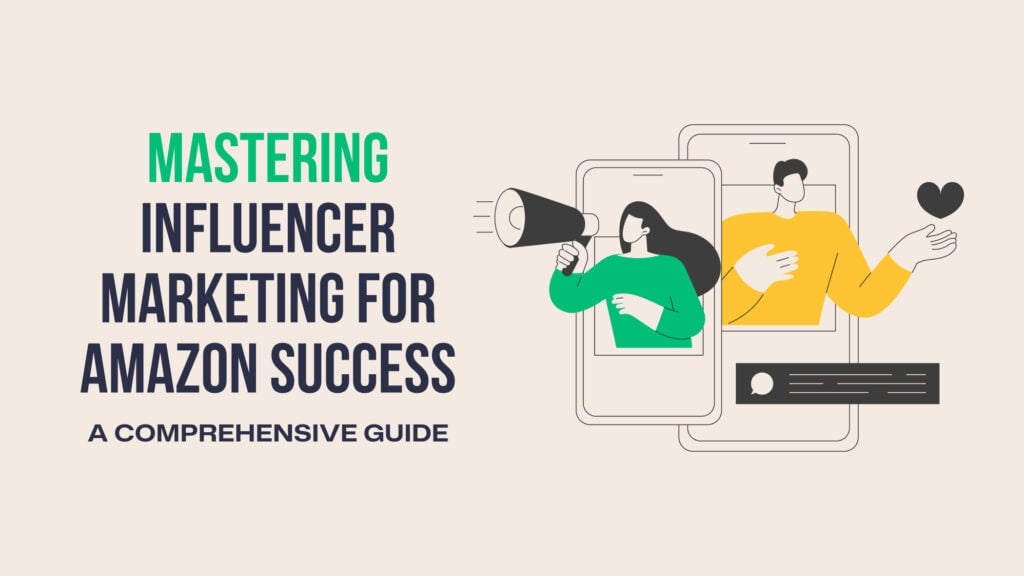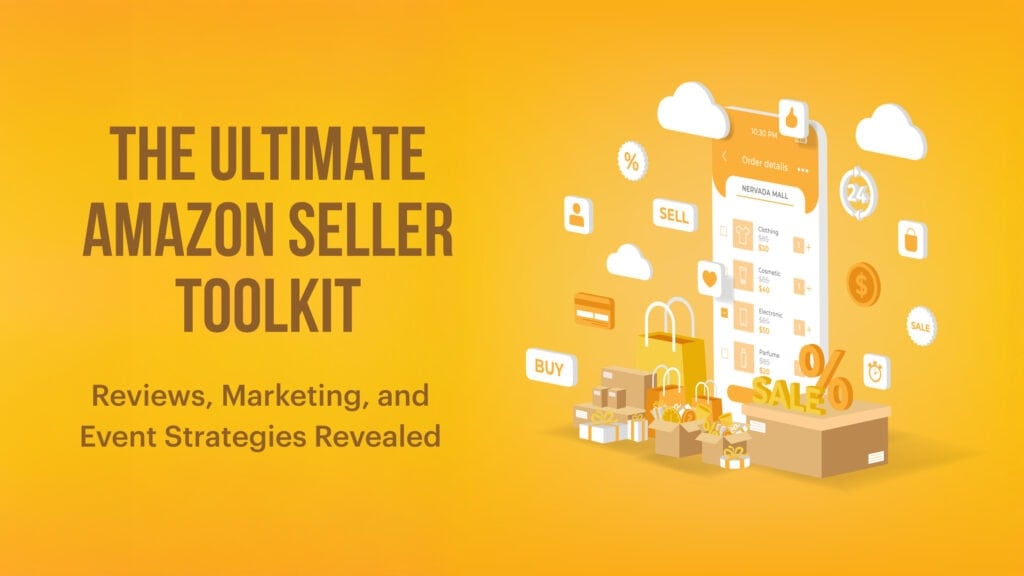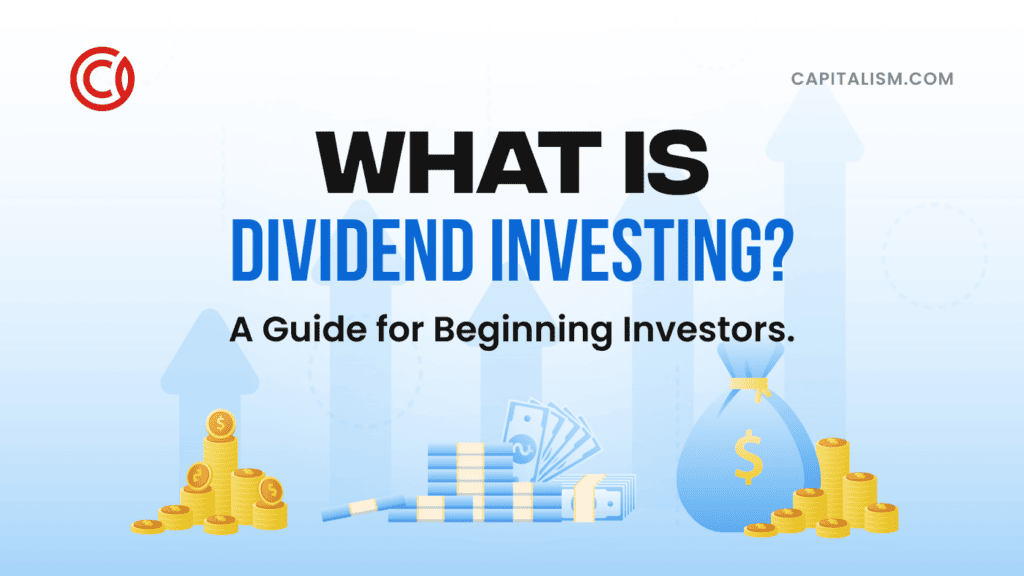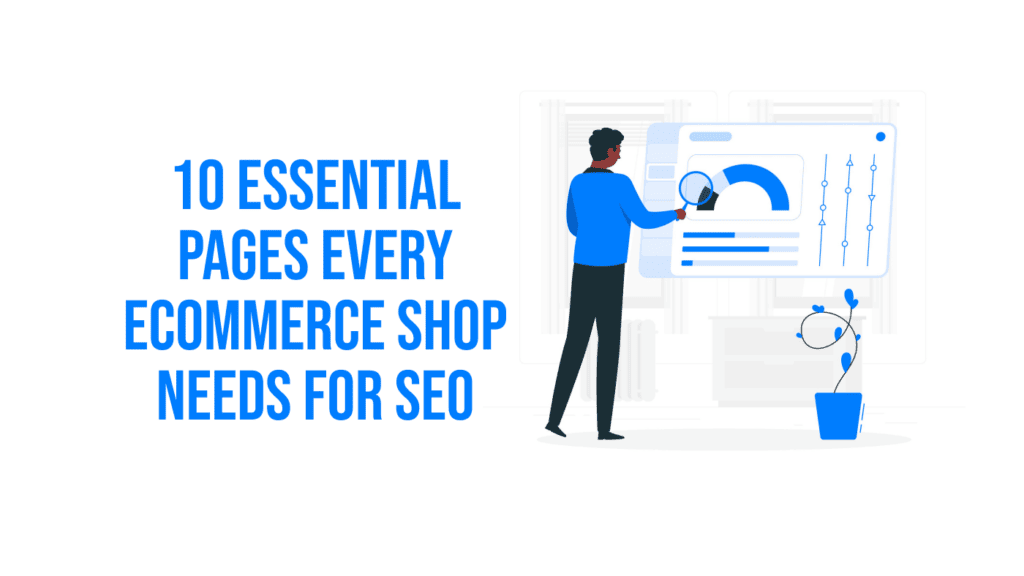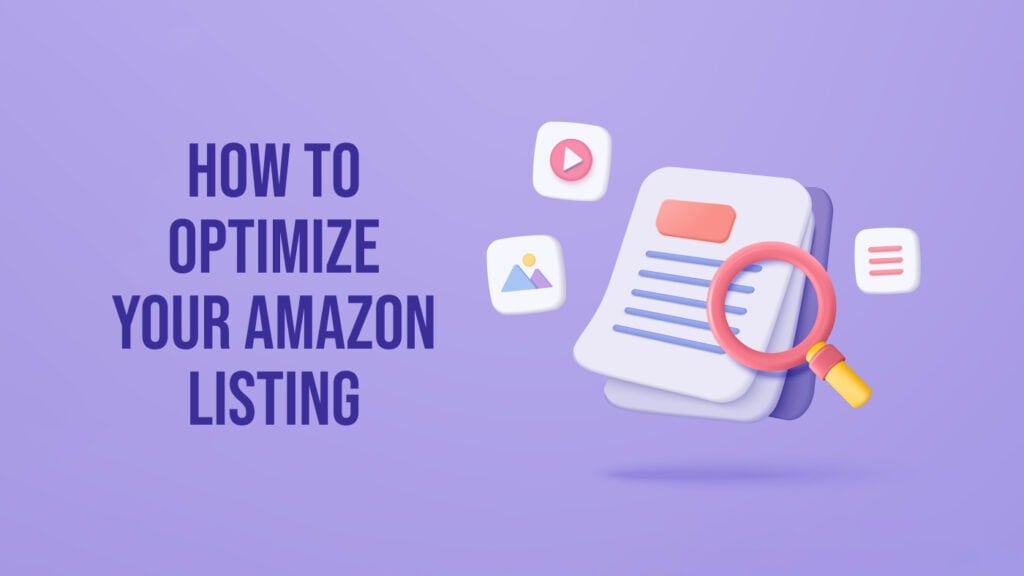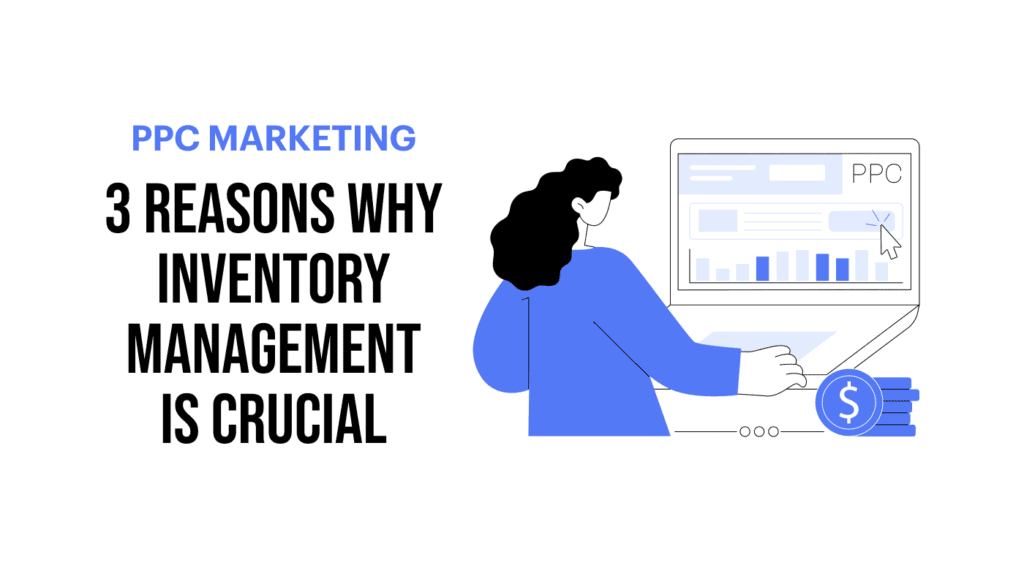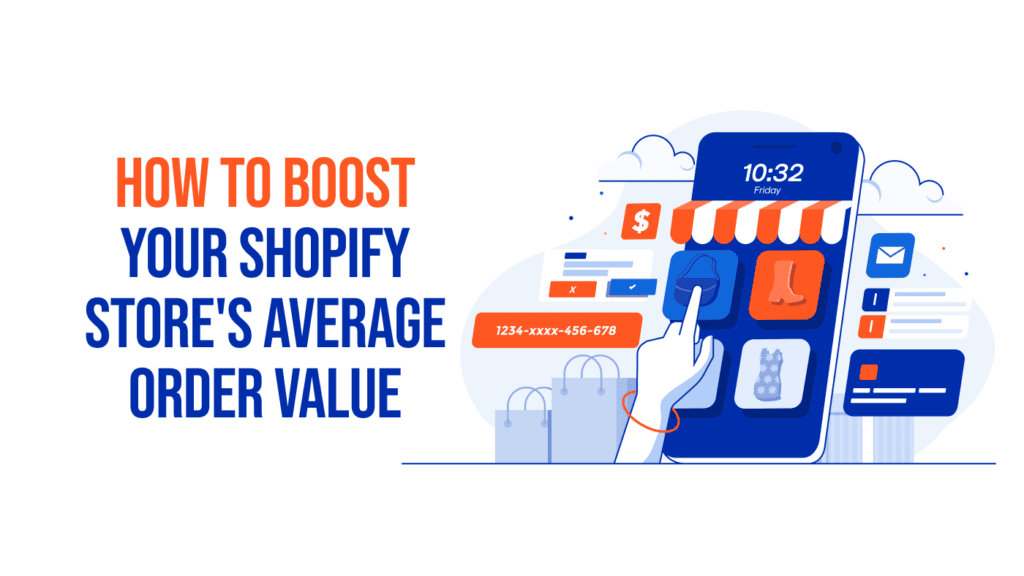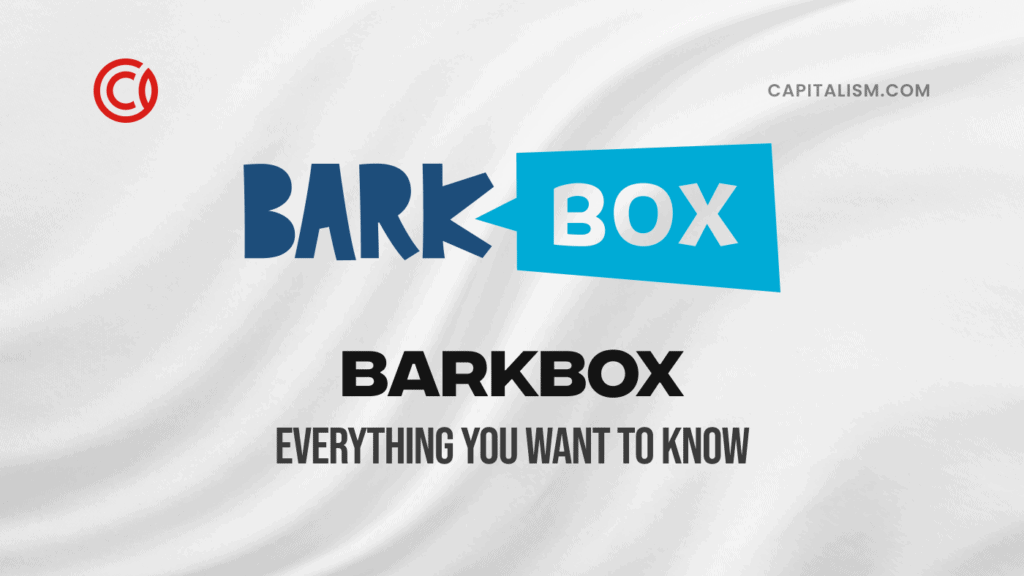Whether selling your business today, in ten years, or sticking with your business until you die, there is enormous benefit in knowing how to make it the kind of business that would make potential buyers salivate and leave you with multiple attractive offers to consider.
Once you start contemplating selling your business, a slew of questions will run through your mind. The first several are:
- Can I sell?
If you are not ready or interested in selling now, you can use this guidance from Coran Woodmass at The FBA Broker to make your business more profitable and enjoyable to run, too.

Can I Sell My Business?
There are three factors that will help you get a feel for your business’ sellability. They include the type of business, how long it has been around, and your annual net profit.
What Type of Business Do You Have?
In terms of physical products, there is retail arbitrage (wholesale), private label, and your own brand. Each type has its pros and cons, both for you as you run it and for prospective buyers. The operative term here is how defensible your business is. Think of a castle here – the more defensible, the less likely you are to see competitors swim your moat and take the place over. Unique or proprietary product-based brands are the most defensible because it would be a whole lot harder for a competitor to knock you off and out. Wholesale’s the least defensible, because your only asset is your inventory, and anyone with the means could duplicate what you’ve got.
How Long Should You Wait to Sell?
Some entrepreneurs have the misguided notion that selling their business is a quick and easy process, like flipping a domain name. Quick build, quick exit, rinse, and repeat. Nothing could be further from the truth.
Value is in the eye of the beholder, so you have to build something of value before you can sell. Businesses with at least three years of growth get the most money. If you opened a business this month and tried to sell it next month, your prospective buyers are more likely to decide that they could do it themselves. Why pay good money for a business they could recreate more economically in such a short amount of time?
What Is Your Annual Net Profit?
The value of anything is the price someone is willing to pay. To value your business, you need to put yourself in your prospective buyer’s shoes. They want a good ROI. That is why we look at net profit. Essentially, that means taking your total revenue minus the cost of sales and operational costs. You and your accounting team should be on top of these numbers.
PRO TIP
Diversification is enormously important, too. Think multiple products, multiple sales channels, and multiple traffic sources. Spreading your eggs among many baskets helps ensure you do not lose everything if something cataclysmic happens to one product, channel, or traffic source. A straightforward way to accomplish all three is to build your own audience.

Should I Sell?
There are many different reasons you might want to sell. Whether you broadcast your reasoning to others or just keep your own counsel, now is the time to be brutally honest with yourself.
Not only is it important to get clear about your motivation, but you also need to get clear on what you would do if your business either does not sell at all - or does not sell in the time frame you might anticipate. By the way, Coran says that unless yours is a five-star business with all cylinders firing, it is not inconceivable for it to take 200 days for a seven-figure sale to close.
Just for reference, here is his breakdown of how many days a business might be on the market before it sells:
Selling your business is not the instantly inflatable golden parachute you might hope it would be. So, it would be wise to plan for both outcomes: selling it and keeping it. Coran says that back in 2018, the buyer market was keen on buying businesses in the $1 million to $4 million range. Cash was flowing freely. Good deal structures were the norm. Now that the market has consolidated, the market has shifted a bit. There is more competition for sellers. You might find 70 competing listings for businesses of a similar size to yours. It is easy for buyers to get contracts.
PRO TIP:
Whatever you do, do not decide to sell and then coast until you cash out. The market changes from month to month. Your business is a living, breathing organism, constantly subject to change. You never know its true value until you get an offer that closes – and every deal is very different.

Who Would Buy My Business?
If you imagine your prospective buyer as a highly-paid executive who is looking for a fun side project that will be extremely lucrative and yield a solid return on their cash, you might be right on target. At least, that is an apt description of one type of buyer, known as the Financial Buyer.
But that is not the entirety of the buyer universe. There are three types:
The Financial Buyer
This group is made up of wealthy individuals and groups with institutional capital or private equity. They might be hunting for a deal they could fund with money from investors or even their golf buddies. The allure of buying might be seeing better returns than they could get by leaving their cash in the bank. If you sell physical products, then your buyer may or may not know anything about running an inventory-based business, much less one that focuses on Amazon as a sales channel. They might even offer an above-market multiple. An example of this buyer type is a company called 101 Commerce, which acquired a brand through Coran’s firm. They made a solid offer quickly and the deal structure gave the seller the vast majority of cash at close.
The Value Investor
This investor is looking for a great deal. Think of house flippers looking for an undervalued property with good bones. From the start, they imagine what a fresh coat of paint and some landscaping could do to improve the property’s value. The Value Investor’s goal is to turn the business around and sell it for even more than they paid someday. Just like in the real estate market, these buyers get most excited by opportunities to buy undervalued ugly ducklings that they hope will transform into glorious swans. Coran says his group has not yet closed a deal with a value-based investor yet, mostly because they tend to make lowball offers.
The Strategic Buyer
This one might offer more than a Financial Buyer, but their motives for buying are more centered around eliminating you as a competitor, bringing your business in-house as a supplier or customer, or otherwise integrating your company into theirs. If you dream of walking away with a big check in your pocket and turning your days of working hard into a distant memory, this buyer might be exactly what you seek. Or, you might need to stay in the business for a transition period. It all depends on the deal you negotiate. On “The Amazing Seller” podcast, you can hear how Coran helped a client sell the Amazon business he started with $6,000 and grew to $182K in profit. The buyers found this business attractive because they own another brand in a closely-related niche.
Obviously, there are pros and cons to each buyer type. There are fewer Strategics in the market than there are Financials. Ideally, you want to attract several potential buyers spanning the whole spectrum, but you could have a big win with any type.
Understanding what each type of buyer is looking for and how they foresee the deal playing out is essential to getting the outcome you want. Remember, as flattering as getting an exorbitant offer is, the details make the difference. It is impossible to overstate the importance of a buyer’s ability to close the deal. Do not just look at the sticker price; look at how and when you get paid, your risk of not getting paid, and what will be expected of you after the deal is done.

How Much Money Could I Sell For?
Here is where it gets a little more complicated. The answer is: As much as a buyer will pay – and you will not know that number for sure until someone buys it. But to get a bit more concrete, there are some factors to consider.
If your business currently cash flows under $1 million per year, then you will be taking home 3x EBITA or less, unless you find a strategic buyer. Plenty of low-profit businesses sell for millions of dollars, but only to the perfect buyer (usually a competitor).
Assuming cash flows over $1 million, you can expect valuations of up to 5x EBITA.
However, there are a few factors that can raise it even higher.
There may certainly be more factors that go into your company’s valuation. You probably have inventory, which your buyer would acquire at cost (plus the costs of getting that inventory into the FBA warehouse). There are many other details to consider, but you can estimate using this formula.
PRO TIP:
Be open to considering a variety of deal structures. The more open-minded you can be, the better the potential outcome for you. There are options you may never have considered that would yield a result far better than the one you think you want.
What Is the Process for Selling My Business?
Some say that it is much harder to sell a business than to run one. Before you take the first step toward selling, you will need to do a lot of preparation. Gather the following:
Assemble Your Deal Team
Plenty of first-time sellers are blinded by the check at the end of the rainbow, and they underestimate what happens afterward.
Work with a firm that has specific experience selling your type of business. Do not choose a generic broker, advisor, accountant, or attorney. Ignore this advice and you are likely to find your advisor throwing ridiculous terms at your prospective buyer, and then watching them run the other way.
You will need the following professionals on your team:
It would be wise to talk with multiple prospective advisors with mergers and acquisitions experience. Not all of them take the same approach. Also, be wary of advisors who seem to say that they can handle all aspects of the deal on their own. It is impossible for anyone to be an expert in every area of concern in a business sale. You will be much better off building a deal team rather than relying on one professional to see your sale through. Yes, it will be more expensive in the short-term to hire a host of advisors to work as your team – but in the long run, you will get better results by assembling a great team to negotiate all of the details with your best interests in mind.
PRO TIP:
Interview every single member of your deal team – even if they come highly recommended. You need to make sure you are comfortable with them, and that they have worked on deals very similar to yours.
PRO TIP:
Bring professionals in earlier than you think you should. There is a lot more planning needed than you might ever dream possible. You would be wise to consider tax planning, your business’ legal structure, and what you will do with the cash after you sell.
PRO TIP:
Remember, a true professional’s fees are going to be high. There is no guarantee that you will close on your sale, either. But if that seems risky, consider how much riskier it would be to attempt this feat on your own. Be open-minded and consider the long-term.

Follow Your Team’s Advice
Getting wise advice does you no good if you refuse to take it. This is not the time to be a maverick. Should you decide to resist the way your team steers you, you should not be shocked to find your deal falling apart before your eyes.
You will have a lot of hard work to do until the deal closes. It is work you cannot outsource. The tasks will not always seem logical. You might find yourself feeling frustrated a lot of the time. Your prospective buyers may make what seem to be unreasonable requests. You may even be tempted to call the whole deal off because you grow tired of tending to it.
The point is, there will always be moments where the deal looks like it is going to fall through. There will be times your temper will flare, and you will need to exercise nearly heroic levels of restraint while allowing your team to handle matters for you. You will be paying these professionals good money. Let them do what they do best. There may be room for you to push back, but more often than not, you will need to be more than a little flexible as the deal takes shape. Because you have never been in this exact situation before, you have no idea what is normal and acceptable. Your team does.
Listen to them and do what they tell you to do. Do it quickly, too. Time is the biggest deal killer you will encounter. In the end, you will be buying them champagne for advice that might seem crazy at the time you first hear it. A good team is on the job until the last dollar is paid and the last term is checked off. They must be unified, informed, and committed.
PRO TIP:
Never, ever talk directly to the buyer during the diligence phase without running your response past your advisors first. This will be harder to do than it seems right now. Matters can get heated, and you absolutely can single-handedly wreck your deal if you overstep.
Get Offers, Negotiate, and Sign on the Dotted Line
Once you have an attractive offer and go through the due diligence phase, it is now time for your team to help you negotiate the final contract. Some details may have changed since you first set foot on this path. It would be foolish to sign without getting a thorough understanding of the final agreement.
The areas that might have morphed over time might include everything from the amount of money changing hands to when you get paid. Your deal might now include stock options and cash. The transition or handover period might have changed, too.
Get all the details about what happens when, but do not stop there. You will also want details of the deal to be finalized in respect to:
Only when every detail has been ironed out and understood are you ready to sign the final contract.
What Comes Next After I Sell?
While the dream of taking your pile of cash and going to the beach is a popular one, the truth is, you will probably get bored within six weeks or less. Taking that six weeks of rest could rejuvenate you so that you will be ready to start something new. That’s not at all an uncommon occurrence for serial entrepreneurs.

Coran Recommends Trying Really Hard NOT to Sell Your Business
That might sound like strange advice coming from a business broker, but it is in your best interest to heed it. Look at every possible alternative to selling your business rather than just jumping into the sales process. Consider ways to make your business so great you never want to let it go.
Here are ten alternatives worth considering:
- Grow your business past whatever plateaus you may be experiencing. Some struggles ease with additional revenue growth.
- Take the time now to optimize for a later sale.
- Let your business run its course – take the cash flow and let the business die.
- Bring a capital partner onboard.
- Reinvest your cash flow to build a more valuable (and sellable) brand.
- Acquire another business that enhances yours.
- Hire someone to run the business while you work on its strategy.
- Bring partners on who can help you diversify your products, channels, or traffic sources.
- Create strategic alliances with businesses who serve your audience.
- Consider adding offline channels.
PRO TIP:
Carve out some cash now to start investing sooner than later. Lots of owners plan to walk away with $10 million and be able to get 20-30% returns on their cash, but that sort of return is anything but automatic. In fact, growing your wealth is a whole new business that requires some practice and know-how. Start now so you can get the kinds of returns you really want when you exit. Bonus: you might determine that “your number” is either higher or lower than you thought it would be.
PRO TIP:
Mind your mindset, now. When you see a 7- to 8-figure business, you are really looking at the result of the business owner’s mindset way more than a great product that sells well. A winning mindset makes you willing to make improvements and grow. It also makes you stronger physically, emotionally, and mentally, and that pays its own type of dividends. This kind of growth does not happen overnight; today is the day to start if you have not done so already. There is no downside to investing in yourself, and the more you do so, the more opportunities you will see coming your way.
Build a Business You Would Never Wish to Sell
The best way to guarantee you build a business that would attract a horde of eager buyers is to build one you would never want to sell. Choose a niche you want to know more about, where interacting with your audience is rewarding and interesting. Build a company that grows without you doing all the heavy lifting, one with diversified channels, one in a space you love.
Be insightful about your strengths and interests and take them seriously. You can – and should – find people whose strengths cover your weaknesses, who love to do the things that you hate doing.
Build something like that, and if you decide to sell someday, you will know you did it right when you keep hearing potential buyers ask, “Why on earth would you sell this?”
That’s the real dream.
And that’s exactly the kind of business members of the Capitalism Incubator learn to build, following the Owner’s Model. Can we help you build your dream business?
NOTE FROM RYAN: When I sold my company, I used a brokerage. They got the deal done, but now that I know more about the world of buying and selling businesses, I wish that I had gone with someone MUCH more sophisticated. In retrospect, I realize that typical brokers are too eager to get a check to really push for the best deal possible.
I have grown to trust and love Coran Woodmass, one of the most respected people in the space, and our team caught up with him to get an update on the landscape, so that you know what to expect when you have your next windfall event.


